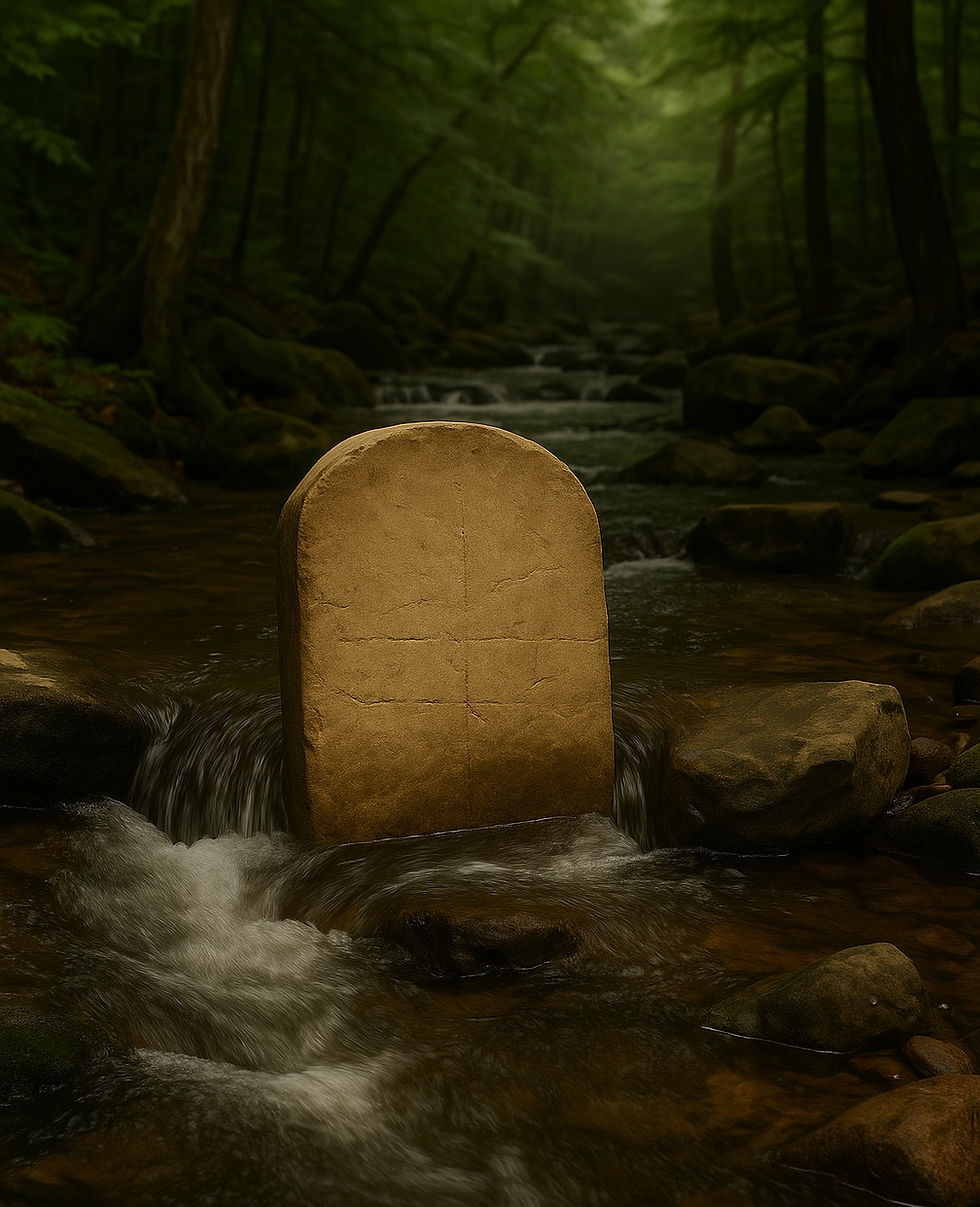Sacred Plant Medicines: More than just trippin’ out to psychedelic visuals
- Gregory Loewen

- Mar 14, 2024
- 3 min read

It may come as a surprise to some that mushrooms and cannabis are considered sacred substances. The common association of these plants is tripping out at a concert or a casual gathering in your buddies basement. Both seem far removed from any spiritual significance. However, in many indigenous tribes and ancient cultures, these plants were revered as powerful tools for spiritual enlightenment. They were not merely for entertainment but were used ceremonially as gateways to higher consciousness and deeper understanding.
Throughout history, various cultures have revered multiple plant medicines for their profound spiritual and healing properties. Ayahuasca, Iboga, psilocybin mushrooms, cannabis, and peyote are just a few examples of these sacred plants, each with its unique history and significance in different spiritual traditions. These plant medicines are considered sacred because they offer a gateway to spiritual realms, allowing individuals to access deeper levels of consciousness, heal emotional and physical ailments, and connect with a higher power. A sacrament is typically a sacred ritual or ceremony that is believed to impart spiritual grace or divine presence. The Church of Unreasonable Happiness embraces these medicines to be sacraments because of this profound ability guide and heal us when using with respect and reverence. In the context of plant medicines, the Church excepts them because of their role in:
Healing: These substances are often used in healing ceremonies to address physical, emotional, and spiritual ailments. This healing process is considered sacred and is believed to be guided by spiritual forces or entities.
Connection with Nature: Plant medicines are derived from natural sources and are seen as a way to connect with the Earth and the natural world. This connection is considered sacred and is an integral part of many indigenous and shamanic traditions.
Rites of Passage: In some cultures, the use of plant medicines is a key component of initiation ceremonies or rites of passage. These ceremonies mark important life transitions and are seen as a way to gain wisdom, strength, and spiritual guidance.
Communion: The shared experience of taking plant medicines in a ceremonial setting can create a sense of communion and unity among participants. This communal aspect is often seen as a reflection of the interconnectedness of all life and is considered a sacred experience.
What are these plant medicines?
Ayahuasca:
Originating from the Amazon rainforest, ayahuasca is a ceremonial brew made from the Banisteriopsis caapi vine and the Psychotria viridis leaf. It has been used by indigenous tribes for centuries for its profound psychoactive effects, which can lead to deep introspection, emotional release, and a sense of interconnectedness with nature. Ayahuasca ceremonies, guided by experienced shamans, are considered a powerful tool for spiritual awakening and healing.
Psilocybin Mushrooms:
Commonly known as "magic mushrooms," psilocybin mushrooms have a rich history of use in spiritual and ritualistic practices, particularly among the Mazatec people of Mexico. These mushrooms are cherished for their ability to induce mystical experiences, enhance spiritual insight, and facilitate deep emotional healing. They have been used for divination, communion with the divine, and as a means of exploring consciousness.
Cannabis:
Cannabis has been utilized in spiritual practices for millennia, with notable use in ancient India and among Rastafarians. In Hinduism, it is associated with the deity Shiva and is used in rituals to promote meditation and spiritual awareness. Rastafarians view cannabis as a sacred herb that aids in meditation and the pursuit of spiritual clarity. In both traditions, cannabis is valued for its ability to foster a deeper connection with the divine.
Iboga:
Iboga, a plant from Central Africa, contains the psychoactive compound ibogaine. The Bwiti religion of Gabon uses iboga in initiation ceremonies to connect with ancestors and gain spiritual insights. Today, ibogaine is being studied for its potential in treating addiction, depression, and PTSD.
Peyote:
The peyote cactus, native to the deserts of Mexico and the southwestern United States, has been used for over 5,000 years by indigenous peoples in spiritual ceremonies. The cactus contains psychoactive compounds that induce visions and a sense of oneness with the universe. Peyote ceremonies are central to the spiritual practices of the Native American Church, providing a path for healing, guidance, and communion with the Creator.
Each of these medicines offer their own unique window into the spiritual and healing dimensions of human experience. These sacred plant medicines have been cherished by different cultures for their ability to facilitate profound transformations in consciousness, promote healing, and connect individuals to a higher spiritual reality. As interest in these ancient practices grows, it's important to approach these plant medicines with respect, reverence, and an understanding of their cultural and historical significance.



Comments